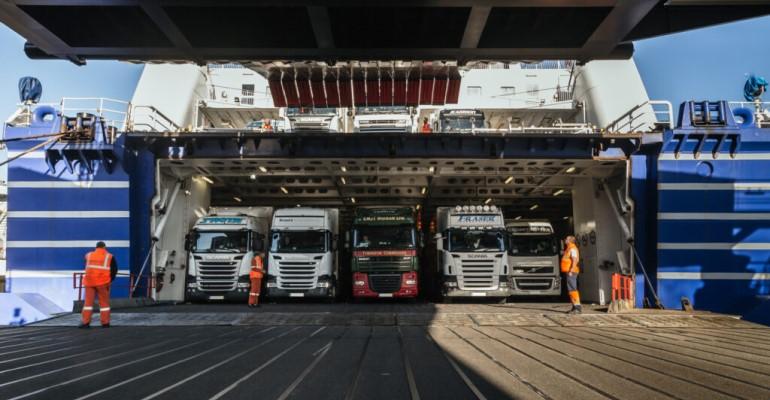The EU Exit: UK Border post transition report by the House of Commons Committee of Public Accounts raised a number of concerns over the UK government's handling of changes at the UK border in the wake of Brexit, and its future plans.
The issues raised include additional business costs created by new controls over the movement of goods from the UK to the EU, the impact of new border requirements on small and medium enterprises, the UK’s readiness to introduce thrice-delayed full import controls, and “very concerning” business challenges around the Northern Ireland Protocol.
The committee said it remained concerned about the impact on businesses of all sizes caused by Brexit and new trading arrangements.
The EU successfully implemented full import controls at the end of the Brexit transition period on December 31, 2020; the UK aimed to do the same, but has delayed its implementation three times and now has a phased introduction strategy over the course of 2022. The government’s revised timetable for introducing border controls is available on the UK Government website and broadly includes:
• From 1 January 2022, full customs declarations and controls with Safety and Security Declarations not required until 01 July 2022.
• From 1 January 2022, Pre-notification requirements of Sanitary and Phytosanitary (SPS) goods, (previously due to be introduced on 01 October 2021).
• From 1 July 2022, certification and physical checks will be introduced for all remaining regulated animal by-products, all regulated plants and plant products, all meat and meat products, and all remaining high-risk food not of animal origin.
• From 1 September 2022, certification and physical checks will be introduced for all dairy products
• From 1 November 2022, certification and physical checks will be introduced for all remaining regulated products of animal origin, including composite products and fish products.
“There remains much to be done to introduce import controls, and in particular to ensure that traders and hauliers across the 27 EU member states are ready as the controls are phased in,” the report said.
The committee challenged the government’s ambition to create “the most effective border in the world” by 2025 for lacking significant detail, noting that achieving the goal would require cross-government digital programmes “in which it does not have a good track record.”
“While this is a noteworthy ambition, it is optimistic, given where things stand today and we are not convinced that it is underpinned by a detailed plan to deliver it,” said the report. “In our view, there is much more work that departments should be doing in the shorter term to understand and minimise the current burden on those trading with the EU, to address the immediate delivery and readiness risks in introducing import controls, and to have a border in place which is operating effectively without further delays or temporary measures.”
The UK tax authority Her Majesty's Revenue and Customs (HMRC) will need to migrate all of its users to a new Customs Declaration System, a task the committee was concerned about given 42 of 5,000 users had migrated as of October 2021.
In 2019, HMRC put the cost to UK and EU business of complying with new customs rules at £15bn per year. It has since said that costs would be lower than that estimate, but a new impact assessment had not been undertaken given the lack of full import controls at the time.
Ports impact
British Ports Association chief executive Richard Ballantyne was among witnesses who gave evidence to the committee in November 2021. Among the information the ports sector needs from the government to inform business decisions were the charging regime at government-run inland checking facilities and the percentage of checks on specific goods from specific places coming to specific ports.
“The British Ports Association told us it was concerned about ensuring consistency in this between different routes to ensure a level playing field. The Cabinet Office recognised ports’ frustration regarding the development of the charging regime, but told us that charging would mainly be an issue from 1 July 2022 and that it expected to inform the ports of the charging regime early in 2022,” the report said.
The committee’s full report EU Exit: UK Border post transition is available on the UK parliament website.
Copyright © 2024. All rights reserved. Seatrade, a trading name of Informa Markets (UK) Limited.
Add Seatrade Maritime News to your Google News feed.  |

